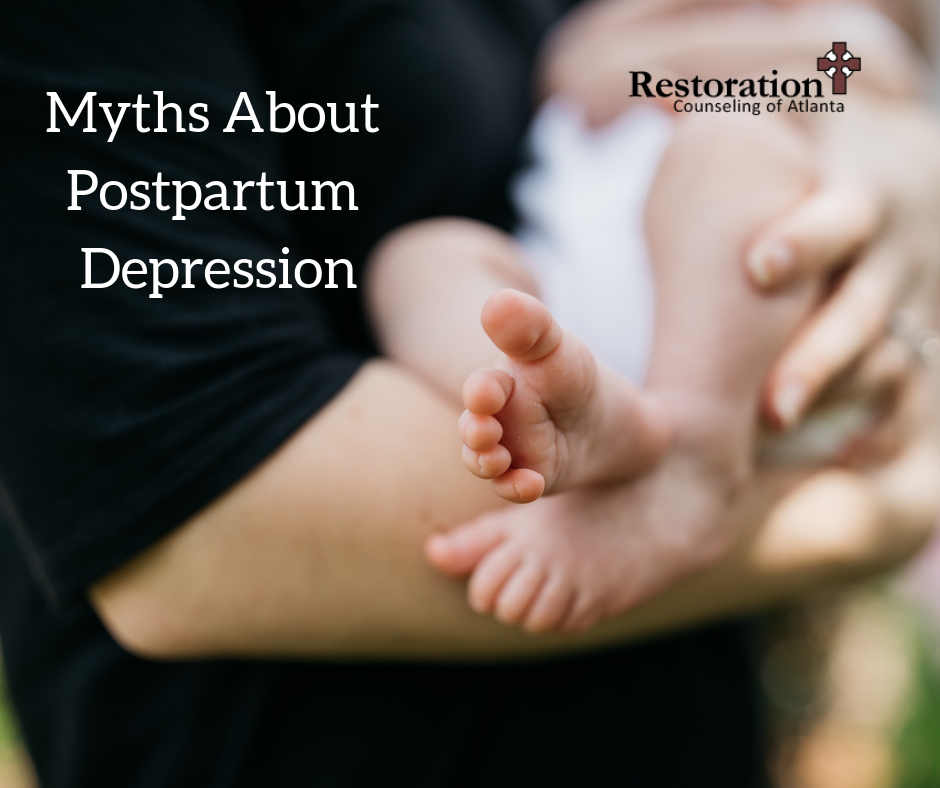We’ve all heard of Postpartum Depression (PPD) and how it can show up after the typical 2-week post delivery “Baby Blues.” Also, we’ve all heard the TV stories about the psychotic mom who does the unthinkable. However, what most of us haven’t heard are the many symptoms that moms commonly struggle with that don’t fit either of those categories.
Here are some of the misconceptions:
- PPD is more common than you think. It affects 1 in 5 to 1 in 7 moms, yet moms struggle to talk about it because of the false shame of admitting they are struggling.
- Infertility is a big risk factor. Can you imagine jumping through every hoop imaginable to have a precious baby, only to discover that you are struggling to connect emotionally with that baby after birth?
- PPD isn’t just limited to depression. Anxiety, obsessive-compulsive disorder (OCD), post-traumatic stress disorder (PTSD), and other pregnancy mood disorders are possible. These issues are a far cry from the Postpartum Psychosis we see on TV that only affects 1-2 out of 1000 women. All presentations have a very high rate of recovery with proper diagnosis and treatment.
- PPD doesn’t just happen after birth. It can happen during pregnancy and anytime within the first year after birth, even if the first several months were great. Untreated issues can continue beyond the initial year and can become more severe with subsequent pregnancies.
- Because of these truths, Perinatal Mood and Anxiety Disorders (PMAD) is a more accurate term to use.
- Dads are at risk for PPD as well- it’s not just about hormones.
Despite all these possibilities, know this:
- You are not alone, you didn’t cause your struggle, and you will get better with the proper help. Reach out today and get the support that you or a loved one deserves!
 Written by: Debbie Turner, LPC
Written by: Debbie Turner, LPC
Debbie Turner received her Master’s in Marriage and Family Therapy from Richmont Graduate University; an academically sound, Christ-centered program. She is passionate about helping individuals and couples learn new ways of connecting with Christ and others to facilitate healing, transformation, and restoration.
Debbie has also completed training from Postpartum Support International. She is qualified to assess and treat women struggling with issues like depression, anxiety, anger, intrusive thoughts, or repetitive behaviors that can occur during pregnancy or after delivery.
debbiet@restorationcounselingatl.com x157
Roswell Location

